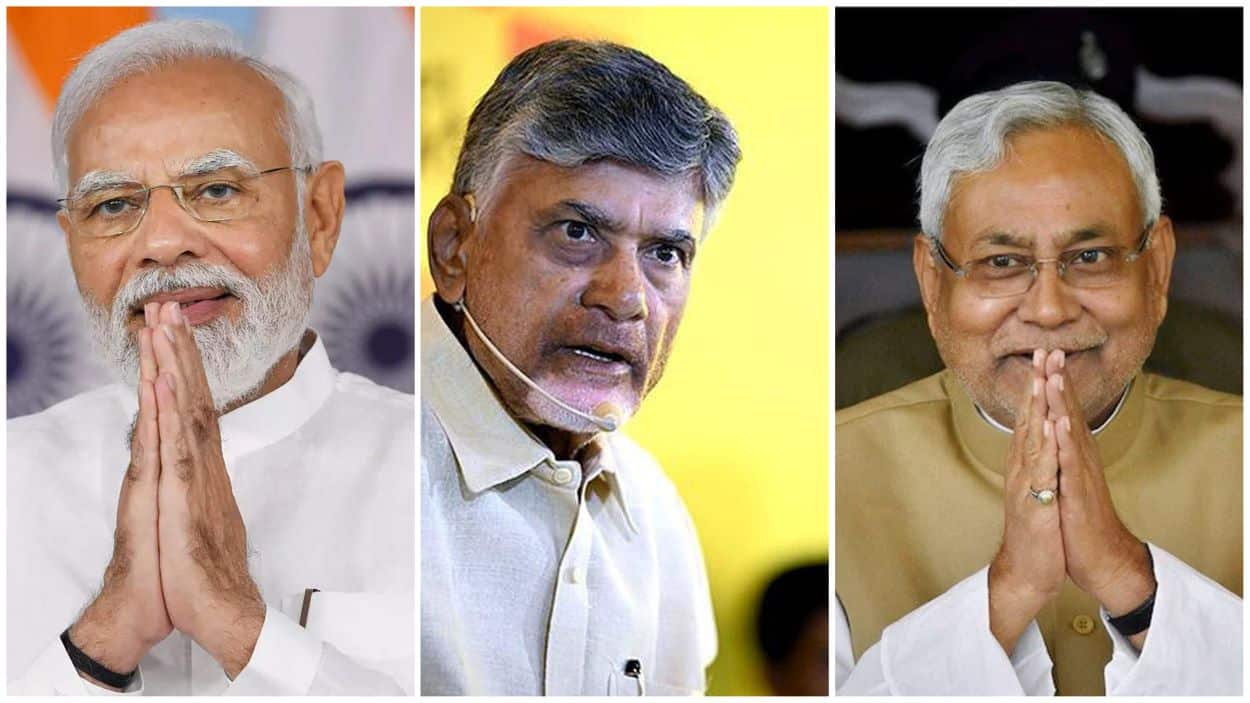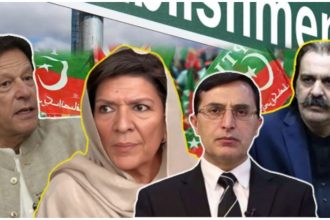Indian Prime Minister Narendra Modi is set to be sworn in for a third term on Sunday. His party, the Bharatiya Janata Party (BJP), secured 240 seats in the recent elections, falling 32 seats short of a majority in the 543-member lower house. This result marks the BJP’s weakest performance in a decade.
The BJP now relies on a diverse group of smaller parties to form a government. These parties demand significant concessions for their support.
Despite extensive negotiations since the election results were announced last Tuesday, the composition of Modi’s cabinet remains undisclosed.
The coalition, the National Democratic Alliance (NDA), which includes the BJP and its allies, holds 293 seats. Key coalition partners include:
Chandrababu Naidu:
Once jailed for misappropriating public funds, Naidu denied these accusations. The 74-year-old Telugu Desam Party leader, the largest BJP ally with 16 seats, has a history of shrewd and tough negotiations.
Nitish Kumar:
At 73, Kumar is the chief minister of Bihar and leads the Janata Dal (United), the BJP’s second-largest ally with 12 seats. Known for his unpredictable political moves, Kumar recently reaffirmed his support for Modi, symbolically touching Modi’s feet in respect.
Shiv Sena:
A long-standing party based in Maharashtra, Shiv Sena shares a Hindu-first agenda with the BJP. Despite a recent split due to internal disputes, a faction led by Maharashtra Chief Minister Eknath Shinde supported Modi and secured seven seats.
Including these key allies, Modi’s coalition barely surpasses the majority with a three-seat margin. It is supported by 11 smaller parties collectively providing a cushion of 21 seats above the majority threshold.






